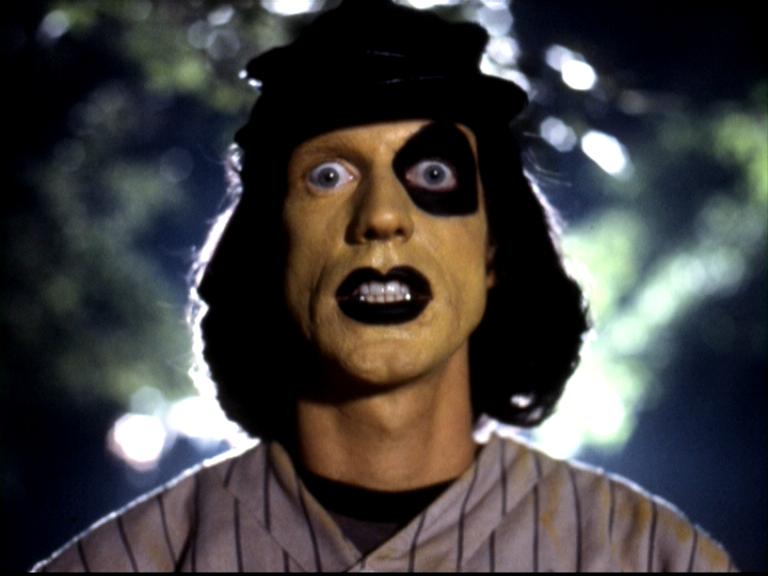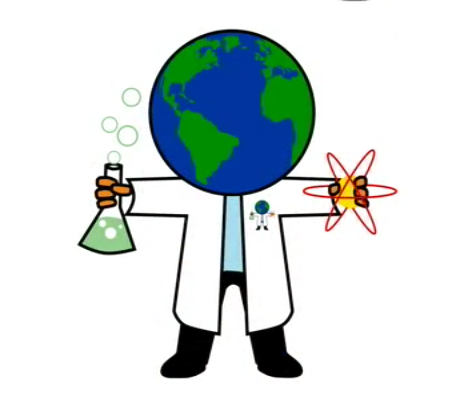I’ve tried and tried to get actual espresso art, but I can’t seem to get it right. I’m certain my foam is perfect because it’s silky and thick and flows out of the cup well. Any advice?
That’s a gorgeous milk-void. I make milk-voids in my coffee daily, but this is the best I’ve seen. Latte art can be abstract too. All hail milk-void.
Art is art!
Sometimes I make Bigweld from Robots, sometimes it’s a fat chicken, and sometimes it’s a cloud. It’s all in your imagination.
Your milk is much too thick (for latte art). It should be the consistency of paint. Generally means you’re stretching it too long at the start. You really only need a few seconds before you put the wand below the surface and whirlpool until you hit your temp. Lance Hedrick has a great video on YouTube on how to get silky micro foam. Give it a look.
I tend to leave the wand just below the surface so that I get the microfoam and move the cup down as the foam builds, which I why I get that thick foam.
So instead, I need to keep the wand out longer, then dip it below for microfoam right toward the end?
Just below the surface (technically at the surface -should sound like paper tearing). How long very much depends on your machine, but most home machines, we’re talking 7 or 8 seconds, and then you plunge the wand down well below the surface so you don’t introduce more air, and you need to find the spot and angle that gives you a good whirlpool, which will incorporate the foam from the top into the liquid below so it is more or less homogenous.
I, too, was like you. Until one day, I learned the secret …
No, seriously. Lance Hedrick is great about how to make good foam and all the secrets to pouring.
https://www.youtube.com/playlist?list=PL0BqZlXENXW-WG5pS_k-xsFu-xXLy1XVZ
Just looking at it though I must ask, what kind of milk? It does seem a bit foamy, and I get that with certain commercial milks, and less so with raw milk.
Also, it was a huge help (my friend talk me this, not Lance) to bleed the wand before using it, really let a bunch of steam out. There’s a kind of balance when you get it right, that if you texture without bleeding, it’s too foamy, and with too much, you have to add air while you’re stretching the milk.
And that’s exactly how much you can know by looking at a picture. The most important thing I’ve found over the years is milk and coffee taste good.
Looks like I’ll be spending my morning watching this guy!
I can see how my foam is much thicker than his, so I’ll try to get it thinner.
Can you explain what you mean by stretching the milk?
Stretching the milk simply means increasing its volume by incorporating air. If you start with, say, 100ml of milk, when you’re finished, you should have perhaps 150ml (depends on the milk, the fat percentage, the drink, etc). But that is all that it means.
Ah okay. Foaming, stretching, basically the same terminology. Thank you
Good question, not sure I’ve got an answer. Just a term I’ve heard a lot, always sounded like it was doing something on the molecular level. Which I guess everything is. I think it’s this. When you stretch the milk, you’re trying to (about) double it in volume with tiny bubbles (microfoam). If the bubbles are too big, that’s foaming the milk. I think. Lance will better explain it. But foam like that is the way it’s done in most of Italy (from my limited experience). It’s just a different way of doing it.
Looks really good, but you might be letting too much air in. This looks like a cappuccino amount of foam, but you’ll need a bit less to make latte art.
Basically, do exactly what you’re doing, but start texturising earlier
You could try pouring slower? Or tapping the pitcher on the table before pouring. Otherwise the foam looks very nice.
In addition to being too thick like other commenters have said, I feel like you might be pouring too close to the edge of the cup. Even for thick foam, that milk distribution seems pretty wonky to me, and reminiscent of a pour being too close to the edge of the cup.
I would link to the same Lance Hendrick video as everyone but I think you’re already covered :P




